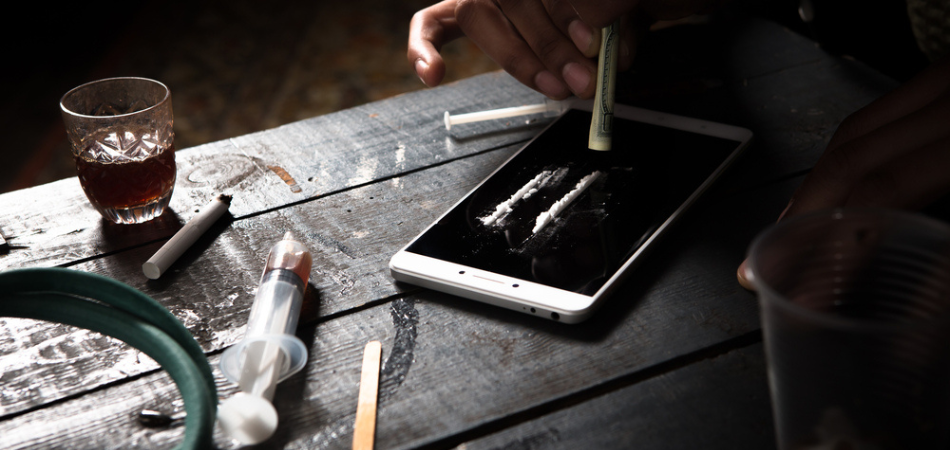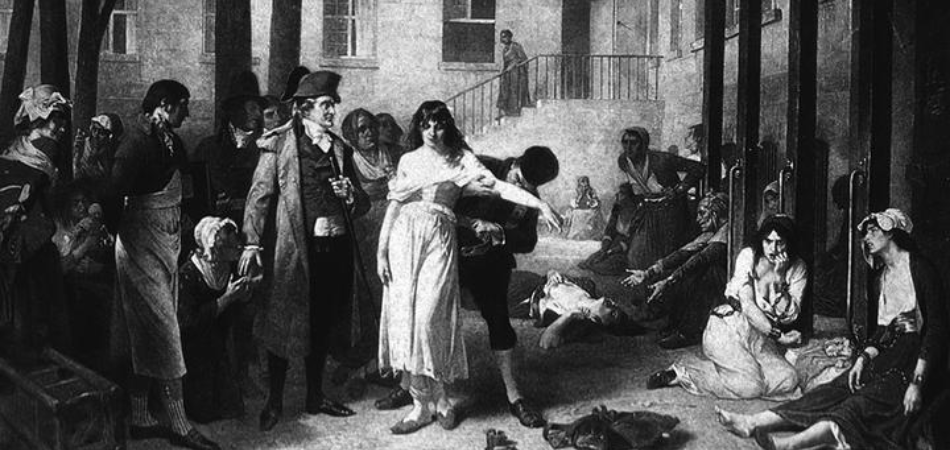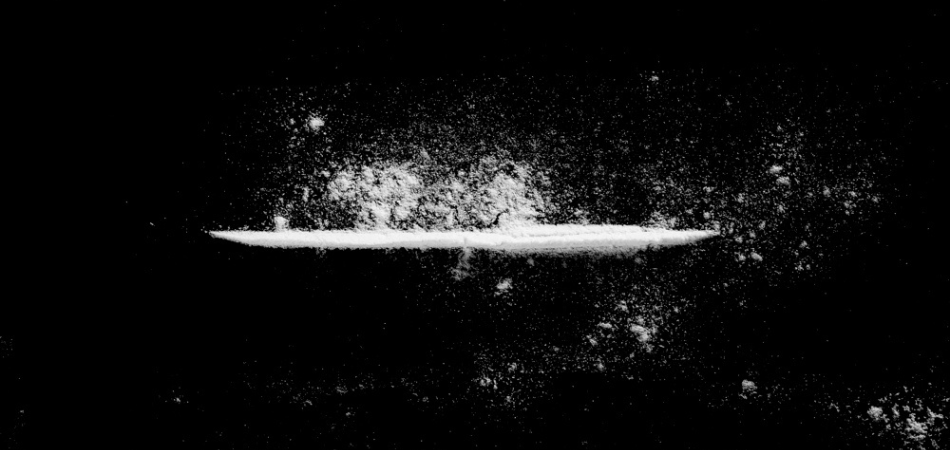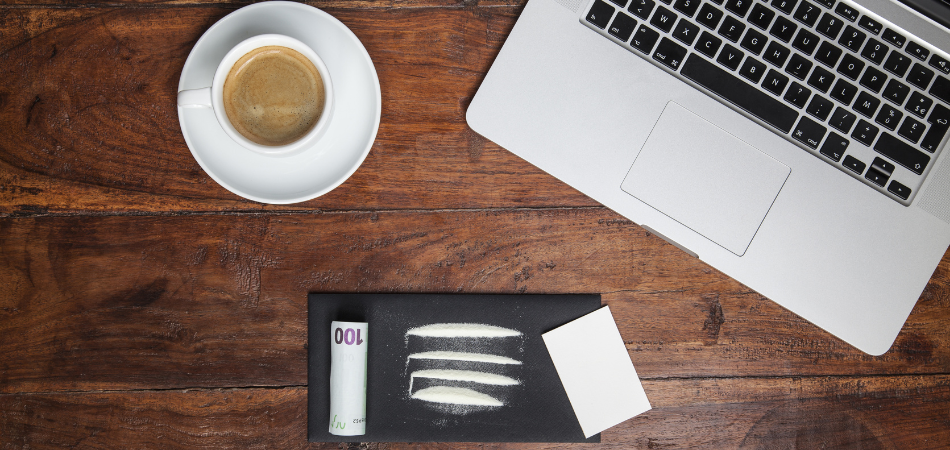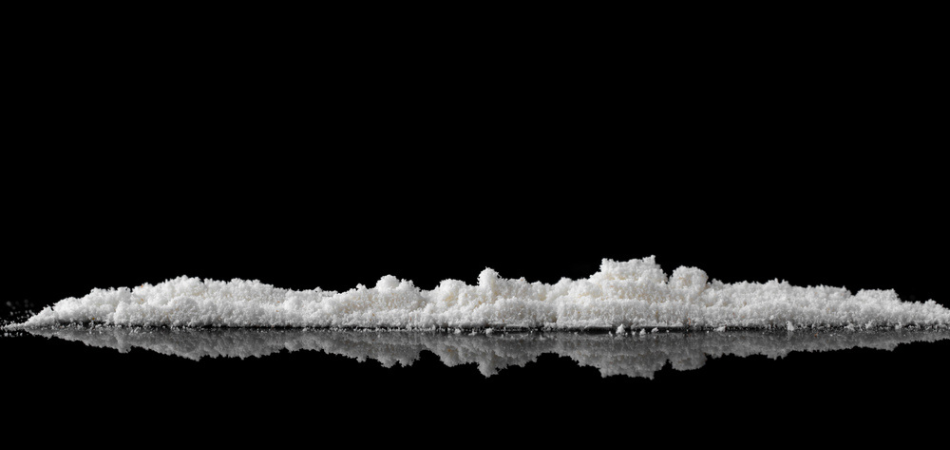
Written by:

Medically Reviewed by:
Last Updated:
January 2nd, 2025
Cocaine addiction
Cocaine has long been a fixture in popular culture, often glamourised in television as a sign of wealth and thrill. In Scarface, Al Pacino’s character Tony Montana rose to prominence with mountains of cocaine symbolising his success. Similarly, in Narcos, Pablo Escobar’s vast cocaine empire was portrayed as a life of luxury.
However, the reality of cocaine addiction and abuse is far from the glamorous portrayal in the media, with potentially devastating impacts on health, careers, finances and relationships.
What is cocaine?
Cocaine is a powerful stimulant drug derived from the leaves of the coca plant, native to South America. It is available in two primary forms: powdered cocaine (hydrochloride salt) and crack cocaine (freebase form). Powdered cocaine is typically snorted, while crack cocaine is usually smoked. In the UK, cocaine is classified as a Class A drug, making it illegal to possess, distribute or produce. Possession of cocaine can result in up to seven years in prison while supplying the drug can lead to a life sentence and an unlimited fine.
Cocaine fact sheet
- Cocaine was first extracted from coca leaves in the mid-19th century and was initially used as a local anaesthetic and as a treatment for various ailments, including fatigue and depression.
- The short-term effects of cocaine can include increased heart rate, elevated blood pressure, dilated pupils and increased body temperature.
- The UK has one of the highest rates of cocaine use in Europe, with 6.2% of those between 16-24 using the drug in 2019.
- The value of the cocaine market in the UK was estimated to be £2 billion in 2020.
- In 2020, there were over 11,000 hospital admissions in England related to cocaine use, a 69% increase from five years prior.
What is cocaine addiction?
Cocaine addiction, also known as cocaine use disorder, is a complex and chronic brain disorder characterised by the compulsive use of cocaine despite negative consequences. In the UK, it is estimated that over 300,000 people have a cocaine use disorder, with this number increasing globally.
Cocaine addiction develops through a cycle of use, tolerance, dependence and addiction. With regular use, the brain adapts to the increased levels of dopamine, norepinephrine and serotonin, leading to tolerance. This means that higher doses or more frequent use of cocaine are required to achieve the same effects.
Over time, this can result in physical and psychological dependence on the drug, making it difficult for users to stop or reduce their consumption without experiencing withdrawal symptoms.
Am I addicted to cocaine?
Recognising the signs of cocaine addiction is crucial for seeking help and beginning the recovery process. However, cocaine addiction can be deceptive and users may rationalise their cocaine abuse or underestimate the severity of their addiction.
To help identify the symptoms of cocaine addiction, consider the following questions:
- Do you use cocaine more often or in larger quantities than you initially intended?
- Have you tried to cut down or stop using cocaine without success?
- Do you spend a significant amount of time obtaining, using or recovering from the effects of cocaine?
- Have you experienced cravings or strong urges to use cocaine?
- Has your cocaine use interfered with your ability to fulfil obligations at work, school or home?
- Do you continue to use cocaine despite negative consequences on your relationships or social life?
- Have you given up or reduced participation in important social, recreational or occupational activities because of cocaine use?
- Have you engaged in risky or dangerous behaviours while under the influence of cocaine or in order to obtain the drug?
If you answered “yes” to several of these questions, it is essential to seek professional help for your cocaine addiction.
What underlying causes increase the risk of cocaine addiction?
Several factors can increase the risk of developing cocaine addiction, including:
- Genetic predisposition: Research suggests that genetic factors may account for up to 60% of a person’s vulnerability to addiction. This means if you have a family history of substance use disorders, you may be more susceptible to cocaine addiction due to inherited genes that influence how your brain responds to drugs, including cocaine.
- Mental health conditions: People with pre-existing mental health conditions such as depression, anxiety, bipolar disorder or post-traumatic stress disorder are also at a higher risk of developing a substance use disorder. In some cases, you may self-medicate with drugs like cocaine to alleviate the symptoms of your mental health issues, which can contribute to the development of cocaine addiction.
- Trauma: Experiencing traumatic events, such as abuse, violence or loss can also increase your vulnerability to cocaine addiction. Trauma can lead to feelings of helplessness, isolation and emotional pain, which may drive you to use substances like cocaine as a way to cope with or escape from their distress.
- Social environment: Exposure to drug use among peers, family members or within the community can increase the likelihood of experimenting with cocaine and developing an addiction. This is particularly true in environments where drug use is normalised or glamourised, as you may feel social pressure to conform to these behaviours. Living in areas with high levels of crime, poverty and cocaine availability can further increase the risk of cocaine addiction.
- Early drug experimentation: Using drugs at a young age, particularly during adolescence, greatly increases the risk of developing an addiction later in life. The adolescent brain is still developing and is more susceptible to the effects of drugs, including cocaine. Early exposure to drugs can interfere with the normal development of the brain’s reward system, making it more likely for you to become addicted to substances like cocaine as you grow older.
What are the health effects of cocaine addiction?
Cocaine addiction can have severe and long-lasting health consequences, including:
- Increased risk of heart attack, stroke and sudden death
- Respiratory problems, including difficulty breathing and lung damage
- Seizures and convulsions
- Kidney damage and failure
- Gastrointestinal complications, such as abdominal pain and bowel ischemia
- Impaired cognitive function and memory loss
- Mental health issues, including depression, anxiety and psychosis
You may also be at risk of other health issues depending on what chemicals and substances have been used to “cut” the cocaine you buy. These can be anything from plant food to fentanyl to caffeine but it is impossible to know what you are really buying when you purchase cocaine from dealers.
What is a cocaine overdose?
A cocaine overdose occurs when you consume a large enough dose of the drug to cause toxic effects on your body. The severity of a cocaine overdose can range from mild to life-threatening and can lead to various complications, some of which can be fatal.
Symptoms of a cocaine overdose may include:
- Severe chest pain
- Rapid or irregular heartbeat
- High blood pressure
- Difficulty breathing
- Extreme agitation or anxiety
- Seizures
- Tremors
- Hallucinations
- Delirium or confusion
- Elevated body temperature (hyperthermia)
- Nausea and vomiting
Some of the most serious complications associated with a cocaine overdose include heart attack, stroke, seizures, respiratory failure and sudden death. These complications can occur rapidly and without warning, even in individuals who have not previously experienced any adverse effects from cocaine use.
If you suspect someone is experiencing a cocaine overdose, it is crucial to seek emergency medical help immediately. Prompt medical intervention can help to minimise the risk of severe complications and improve the chances of recovery.
How do cocaine abuse and addiction affect your life?
Cocaine abuse and addiction can also have far-reaching impacts on various aspects of your life, including:
- Relationships: Strained or broken relationships with friends and family due to cocaine use or associated behaviours
- Employment: Job loss or difficulty finding employment as a result of cocaine-related problems or criminal record
- Education: Poor academic performance or dropping out of school due to cocaine use
- Legal issues: Arrests, fines and incarceration related to cocaine possession, distribution or drug-related crimes
- Financial difficulties: Spending large amounts of money on cocaine, leading to debt or bankruptcy
How is cocaine addiction treated?
Cocaine addiction is typically treated through a combination of the following:
- Cocaine detox: This involves managing withdrawal symptoms and clearing all traces of cocaine from your system while receiving professional emotional support.
- Cocaine rehab: This focuses on identifying and managing the psychological aspects of cocaine addiction through a programme of therapy, support groups and skills development.
How to get help for cocaine addiction
If you or a loved one is struggling with cocaine addiction, it is essential to seek professional help as soon as possible.
Contact Oasis Runcorn today to learn more about our cocaine treatment options and take the first step towards a healthier, happier future free of cocaine abuse and addiction.
Frequently asked questions
Physically, they may display dilated pupils, frequent nosebleeds or sniffling and weight loss. You might also notice secretive behaviour, sudden mood swings and financial problems or unexplained expenses related to their cocaine abuse.






